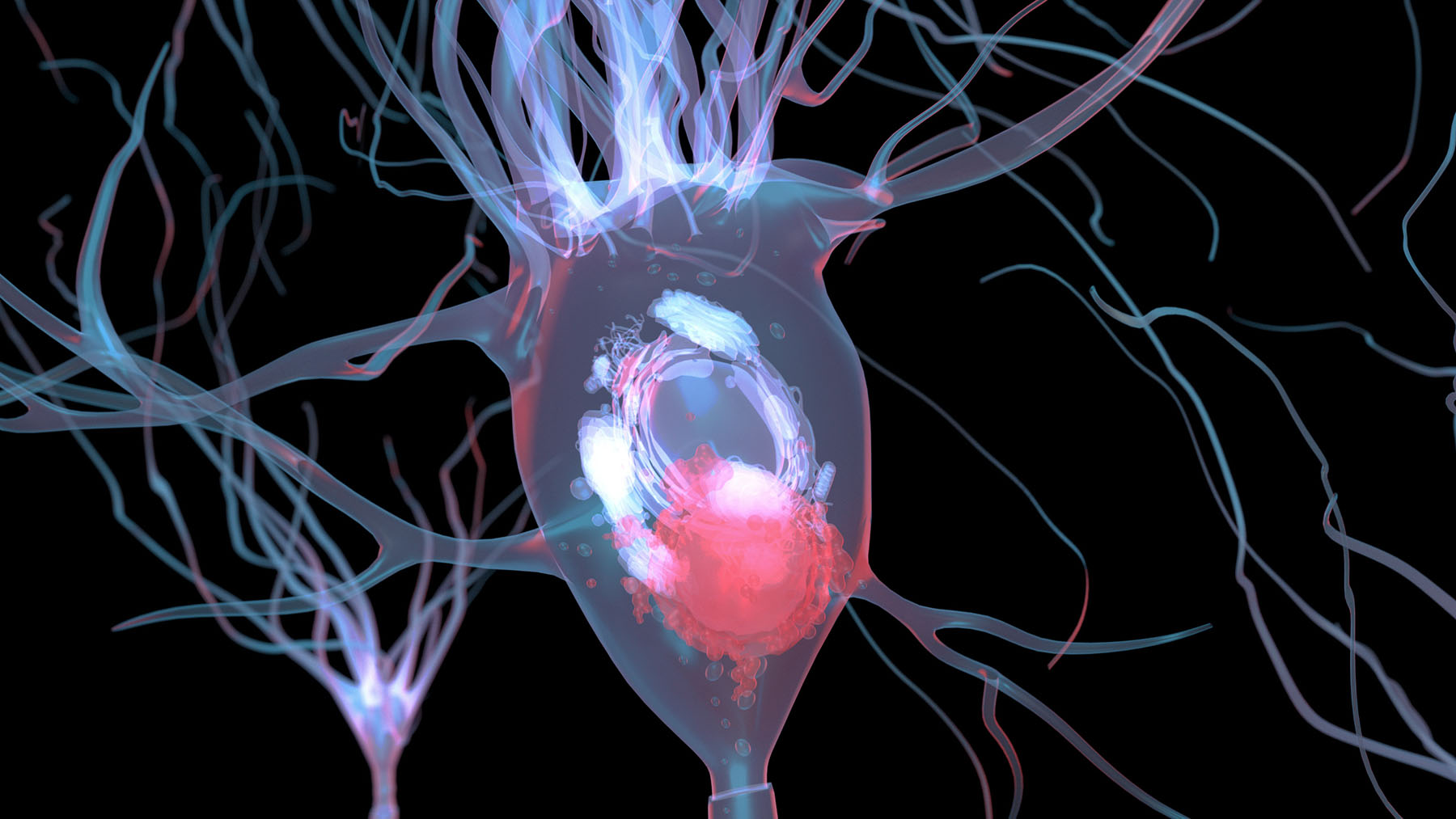Ted Turner Has What? Lewy Body Dementia, Explained

CNN founder Ted Turner’s recent announcement that he was battling Lewy Body Dementia (LBD) has focused much-needed public interest on a progressive brain disease that too often gets forgotten when compared to the better-known Alzheimer’s.
Turner, 79, recently told Ted Koppel on CBS Sunday Morning that he was experiencing both physical exhaustion and memory difficulties as a result of this dementia. So much so, in fact, that he wasn’t even able to recall the name of the disease that was affecting him.
“It’s a mild case of what people have as Alzheimer’s. It’s similar to that, but not nearly as bad,” Turner said, as he struggled for the proper medical label. “Alzheimer’s is fatal. Thank goodness I don’t have that. But I also have got … let’s … I can’t remember the name of it.”
That scene on the news show, the forgetfulness and fatigue, is typical of LBD, says Dr. Elizabeth A. Crocco, a geriatric psychiatrist with the University of Miami Health System. It is the second most commonly diagnosed dementia and it shares many of the same symptoms of both Alzheimer’s and Parkinson’s diseases, making it particularly difficult to diagnose.
“Twenty years ago, we thought it was a variant of Alzheimer’s,” she adds, “and it’s not unusual, even now, for me to see patients who were initially diagnosed with Parkinson’s or Alzheimer’s [but actually have Lewy body dementia].”
LBD affects an estimated 1.4 million people in the United States, according to the Lewy Body Dementia Association.
That number might be on the low end because LBD is, as Dr. Crocco points out, underdiagnosed or misdiagnosed.
And while cognitive problems are common, the actual disease manifestation of Lewy body closely resembles Parkinson’s. In fact, they are caused by the same buildup of protein deposits in brain tissue, or alpha-synuclein. (This is not to be confused with tau and amyloid plaques, other kinds of protein associated with Alzheimer’s.) The Lewy bodies develop in the brain regions involved in thinking, memory, and motor control.
There are notable differences between all three of these diseases, however.
Unlike with Alzheimer’s, cognitive problems, namely executive function and memory, “can fluctuate tremendously” for LBD patients, Dr. Crocco says.
And unlike Parkinson’s, people suffering from LBD begin experiencing movement issues — from tremors to stumbling, stiffness, slowness and difficulty walking — very early on in the disease’s progression. In addition, and more distinctively, they may suffer from visual hallucinations as well as delusions. LBD patients also suffer from sleep problems and issues with bladder and bowel function.
“When these symptoms present themselves in the elderly, people think it may be a medication they’re taking or a stroke,” says Dr. Crocco. In some cases, it may be diagnosed as a mental health illness.
Both Turner and the late actor Robin Williams, for example, were initially thought to have something other than LBD.
Several years ago Turner’s confusion and euphoric highs and dark lows were blamed on manic depression — a diagnosis Turner now says was way off. Williams, who killed himself in 2014, was being treated for Parkinson’s at the time of his death, but friends say he long suspected he suffered from bipolar disease. Williams’s LBD diagnosis was issued after an autopsy.
None of this surprises Dr. Crocco.
It’s a very, very difficult disease to diagnose. It’s very complex and there’s still much for us to learn about it.
Dr. Crocco
While LBD diagnosis can only be confirmed definitively during an autopsy, Dr. Crocco and other neurologists and psychiatrists use a wide variety of tests to arrive at a clinical diagnosis.
These include:
- physical and neurological exams
- patient and family medical histories
- brains scans
- neuro-psychological tests
Blood tests can also be performed. More recently, doctors have been using DaTscan, a brain imaging test that takes pictures of the brain’s dopamine system and measures dopamine transporters in the brain.
There is no cure for LBD and treatment can prove challenging.
Usually a team of experts works together to treat individual symptoms with medications and physical, occupational, and speech therapy.
Dr. Crocco believes public awareness of this common neurodegenerative disease can only help bring us closer to both an understanding and a cure.
“It’s always good whenever you have a well-known figure talking about a disease because it brings attention to it,” she says.
“I think he [Ted Turner] is doing a great service to the rest of us by helping us better understand what he’s going through. It may lead someone to take a second look at a diagnosis and ask, ‘Is this really what my loved one has?’”

In Their Words
Ana Veciana-Suarez, Guest Contributor
Ana is a regular contributor to the University of Miami Health System. She is a renowned journalist and author, who has worked at The Miami Herald, The Miami News and The Palm Beach Post. Visit her website at anavecianasuarez.com or follow @AnaVeciana on Twitter.
Tags: Alzheimer's Disease, dementia, Dr. Elizabeth A. Crocco, Lewy Body Dementia
